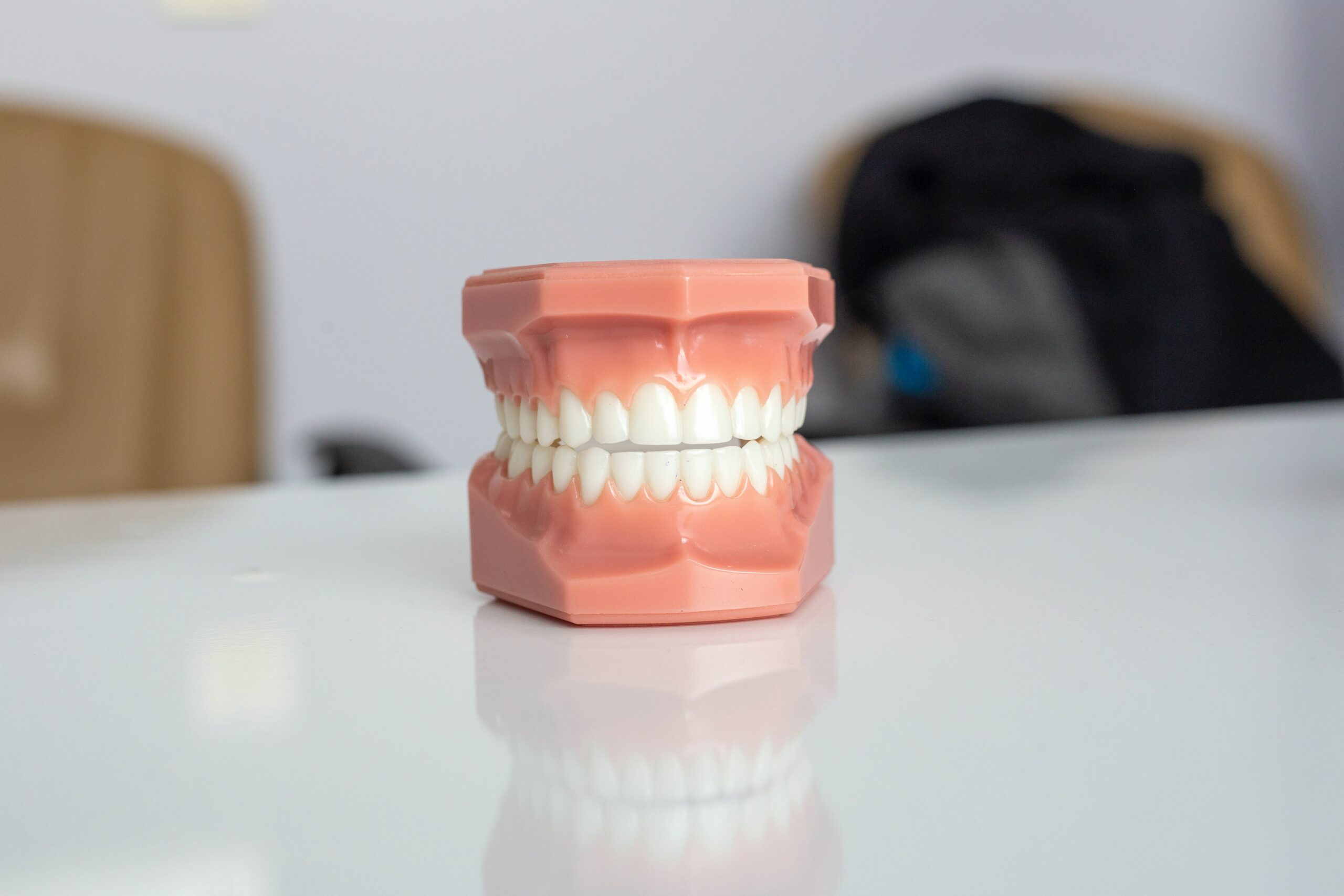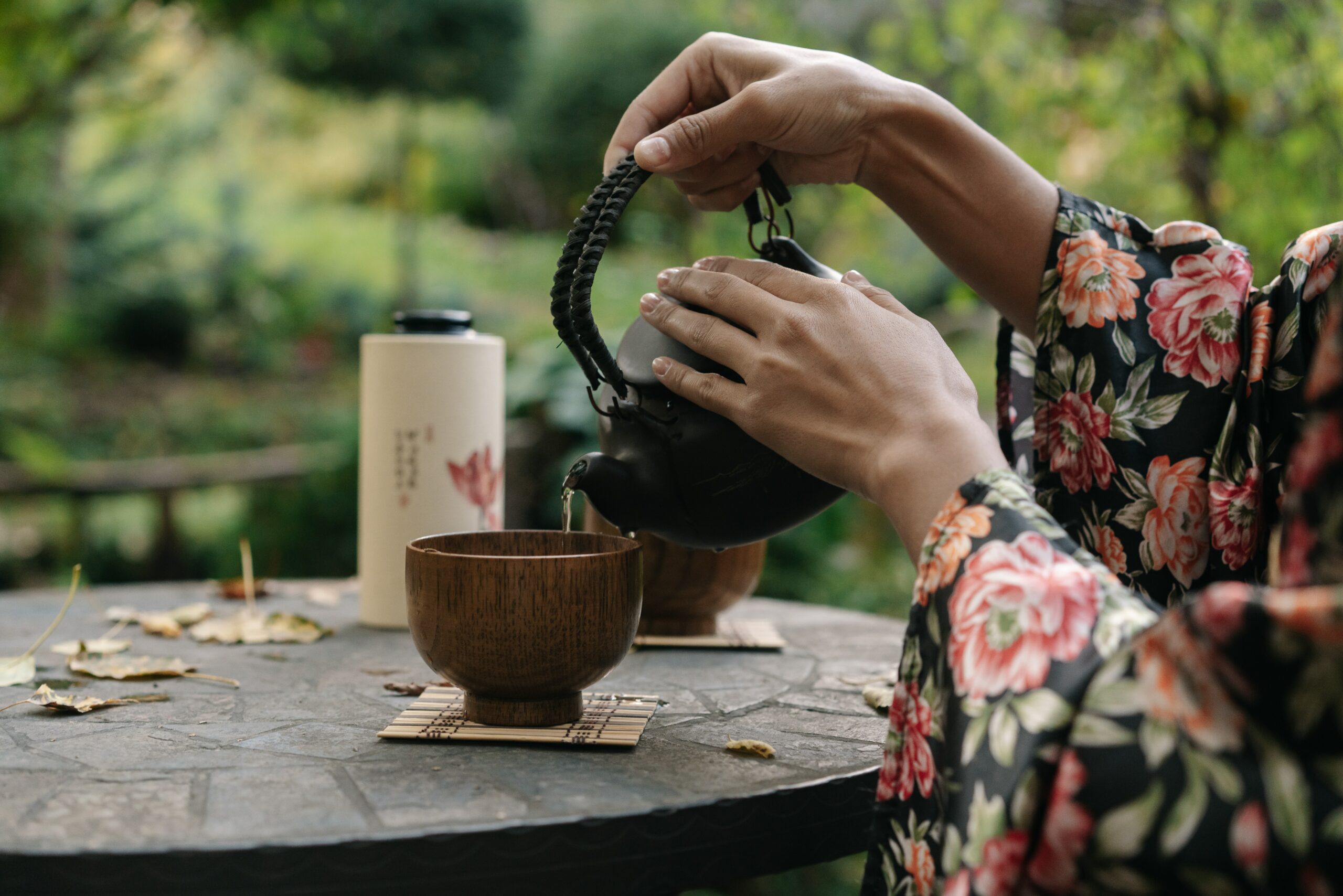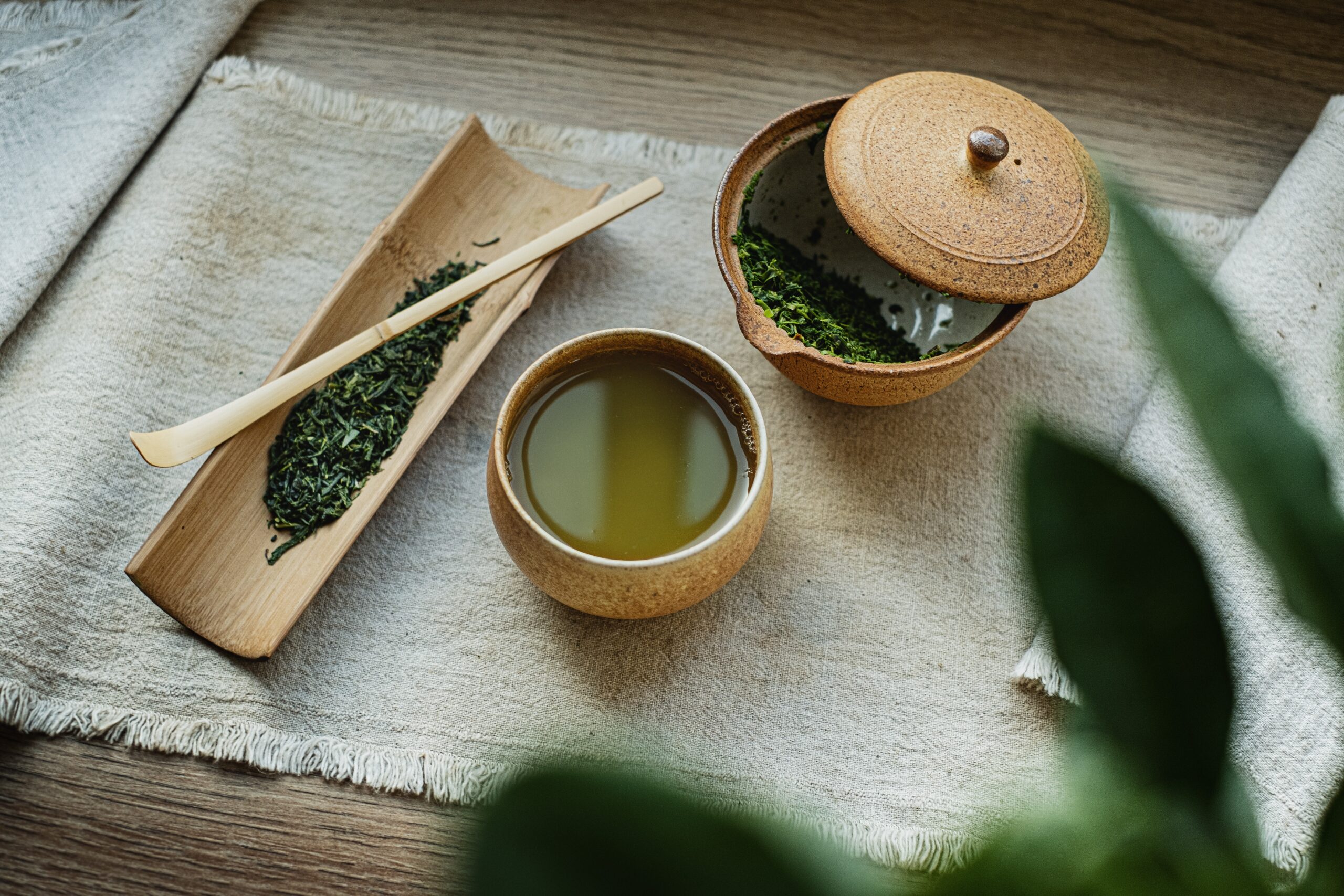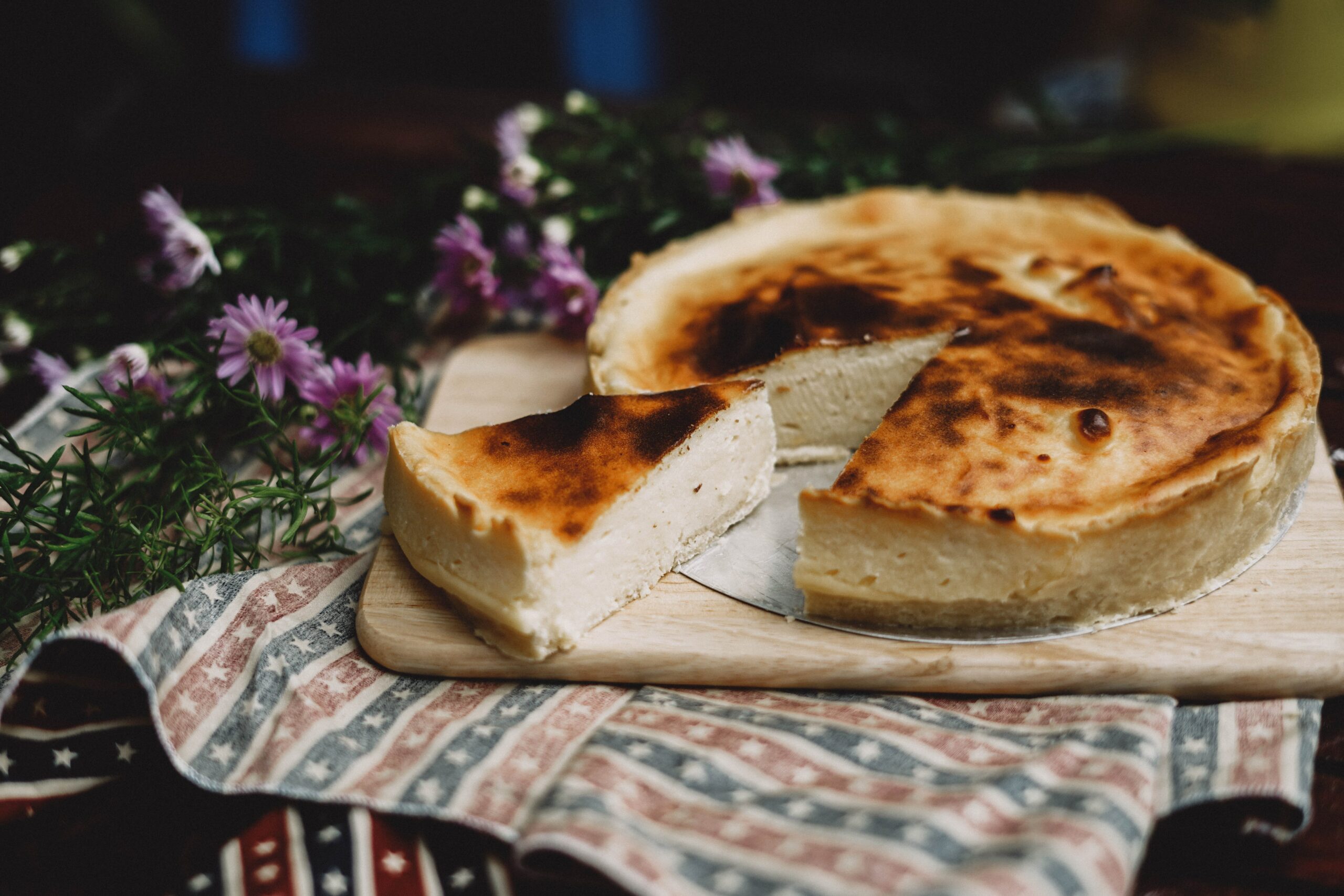Just because something is natural doesn't mean it won’t stain your teeth. Take tea, for example. Some might think that just because tea comes from plants, it must be perfect. But in reality, does tea stain your teeth over time? Let's find out.
What Causes Tea To Stain Teeth?
When it comes to staining teeth, tea is one of the biggest culprits. This is because tea contains tannins, compounds that can bind to tooth enamel and cause staining. Most people never really think about this because, I mean, this tea we are talking about, one of the healthiest and most popular beverages in the world.
Tannins come from both black and green tea and can bind to tooth enamel, causing discoloration. Tannins are also responsible for the astringent taste of tea.
Tea also contains polyphenols, another compound that can cause staining. Polyphenols are antioxidants that can help protect the body against disease. However, they can also react with other compounds in the mouth to cause staining. Tea also contains chromogens, pigments that can cause staining.
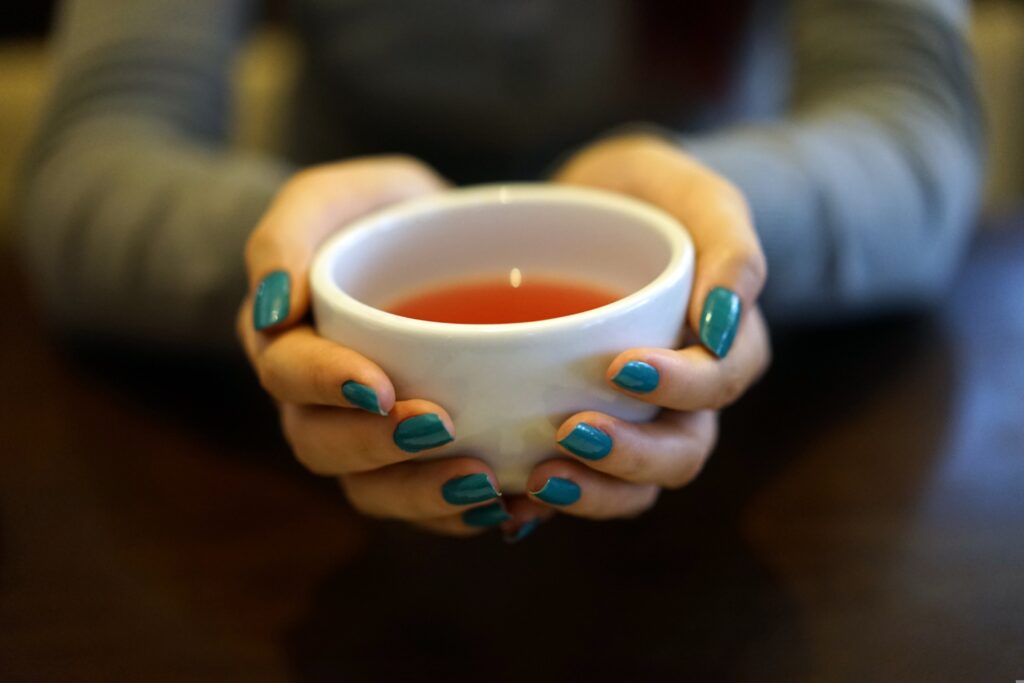
So what's the verdict, does tea stain your teeth or not? The short answer is, yes it does, to a certain degree.
How to Prevent Tea From Staining Teeth
Like most people, you probably want to have whiter teeth. White teeth are a sign of good hygiene and good health. Unfortunately, many people suffer from stained teeth, which can be caused by drinking tea. The good news is that there are some things you can do to minimize the staining effect.
One of the most effective ways to whiten your teeth is to brush them with baking soda. Baking soda is a natural abrasive. Wet your toothbrush, dip it in baking soda, and brush your teeth as usual. You may want to do this once a week to help keep your teeth looking their best.

In addition to brushing with baking soda, you can also use it by mixing it with water and swishing it around your mouth for a minute or two. Spit the mixture out, then rinse your mouth well with water.
Another home remedy is to rub them with sliced lemon. The acid in the lemon will help to break down any stains on your teeth. Rub a lemon slice on your teeth for a minute or two, then brush your teeth as usual.
In addition, try to avoid drinking tea right before bedtime. The longer your teeth are exposed to the staining agent, the more likely they will become discolored. Unless, of course, you brush your teeth everyday right before bed.
If you drink tea regularly, some types are less likely to cause staining than others. White and green teas, for example, are less staining than black teas. Herbal teas are also generally considered to be less likely to cause staining.
Finally, if you are concerned about staining, there are kinds of toothpaste and mouthwash available that contain ingredients that help to prevent staining. Brush your teeth regularly with these kinds of toothpaste.
Regular brushing will help remove any surface stains that may have already begun. Always remember to read the labels carefully to find the right tea products if this is a big concern. However, even if your teeth have already begun to stain, you can undergo professional teeth whitening treatment and have them gleaming once again.
Tea Drinkers Can Keep Their Pearly Whites Clean
Tired of wondering, "Does tea stain your teeth?" There are ways to enjoy this delicious drink without compromising your smile. Following these simple tips, you can continue enjoying your favorite cup of tea while keeping your teeth looking their best!
Visit our tea guides section for some more tips and insights.

